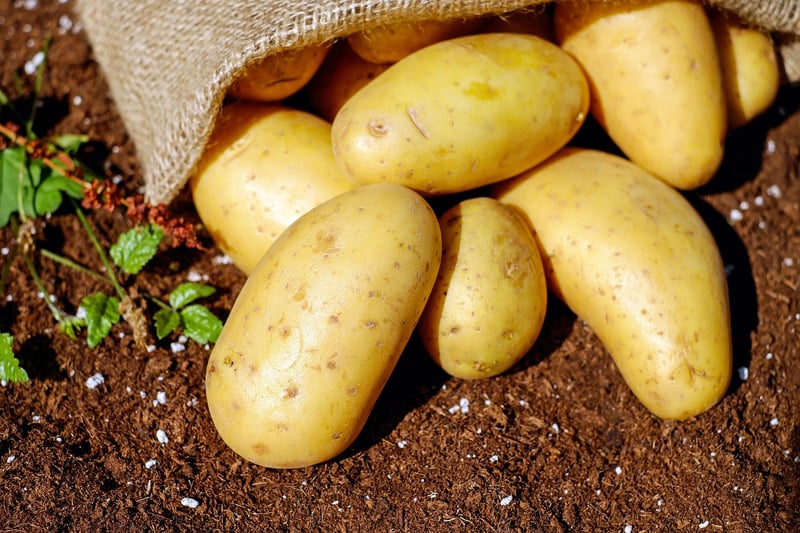Mulching Benefits
Enhancing Soil Fertility with Mulching

Soil is a vital component of agriculture, and its fertility plays a crucial role in the success of crop production. One effective method to enhance soil fertility is through the practice of mulching.
What is Mulching?
Mulching involves covering the soil around plants with a layer of organic or inorganic material. This protective barrier offers several benefits that contribute to improved soil fertility.
Benefits of Mulching for Soil Fertility:
- Moisture Retention: Mulch helps retain moisture in the soil, reducing the need for frequent watering, especially during dry periods.
- Weed Suppression: By preventing sunlight from reaching weed seeds, mulch inhibits weed growth, reducing competition for nutrients with crops.
- Temperature Regulation: Mulch acts as insulation for the soil, keeping it cooler in hot weather and warmer in cold weather, creating a favorable environment for plant roots.
- Nutrient Recycling: Organic mulches decompose over time, adding nutrients to the soil as they break down, enriching the soil for plant growth.
- Erosion Control: Mulch helps prevent soil erosion by reducing the impact of raindrops on the soil surface, protecting valuable topsoil.
Types of Mulch:
Common organic mulches include compost, straw, grass clippings, and leaves, while inorganic options like plastic or rubber mulch are also available. Each type offers unique benefits and suitability depending on the specific needs of the plants and soil.
Application and Considerations:
When applying mulch, ensure it is spread evenly around plants, leaving space around stems to prevent rotting. Consider the moisture requirements of plants and the climate to select the most appropriate mulch type.
By incorporating mulching practices into agricultural activities, farmers can improve soil fertility, enhance crop yields, and promote sustainable farming practices for the long term.

